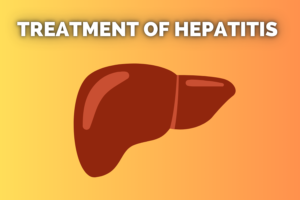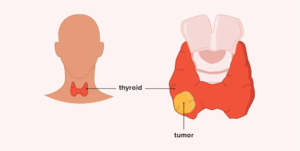The Most Common Dual Diagnosis Today

Most people today are not familiar with the term dual diagnosis. They think it’s a new medical concept even though it was established over twenty years ago. To put it simply, dual diagnosis implies that a patient suffers from a psychiatric disorder and a mental illness at the same time.
For instance, one can be addicted to sex, alcohol, drugs and gambling and be affected by psychiatric disorders such as depression or borderline personality disorder among others. It is this dual nature of the vast number of addicts that has been observed to remain largely undiagnosed and untreated and it is responsible for the high number of relapses among patients.
For this reason, specialists are emerging who are offering treatment for a combination of these disorders. More specialized centers are emerging every day and they include secular and Christian dual diagnosis treatment centers.
Both sexes are affected by these disorders. There are programs offering dual diagnosis treatment for women and men. A good number of them are Christian dual diagnosis treatment centers.
Common Pair of Disorders
One report cited in the journal of American Medical Association reports that thirty-seven percent of alcohol abusers and more than fifty percent of drug abusers have at least one serious mental illness. It also stated that around thirty percent of people diagnosed with mental illness abused drugs or alcohol.
Also noted was the fact that having dual disorders puts people at greater risk of other issues. A few examples include financial problems, chronic relapses, academic problems, more susceptible to practicing risky behavior such as driving under the influence of drugs and alcohol and having unprotected sex. Other problems include an increased likelihood of committing a crime and getting incarcerated, creating unstable home environments or being homeless among others.
Drug Addicts Sometimes Have Mental Illnesses
One report cited in the journal of American Medical Association reports that thirty-seven percent of alcohol abusers and more than fifty percent of drug abusers have at least one serious mental illness. It also stated that around thirty percent of people diagnosed with mental illness abused drugs or alcohol.
Also noted was the fact that having dual disorders puts people at greater risk of other issues. A few examples include financial problems, chronic relapses, academic problems, more susceptible to practicing risky behavior such as driving under the influence of drugs and alcohol and having unprotected sex. Other problems include an increased likelihood of committing a crime and getting incarcerated, creating unstable home environments or being homeless among others.
Factors Contributing to Dual Diagnosis
Dual disorders can stem from a range of factors, which include but are not limited to:
- Trauma – Losing a loved one unexpectedly has been observed to trigger these disorders.
- Family history –In some cases, addictions and mental disorders have been linked to genetics. Chances are that if your family members have a history of struggling with addiction, mental health issues, anxiety or depression then it is likely that you will be susceptible to these conditions as well.
- Environment –Some patients who grow up in unstable households have been observed to be affected by this kind of addiction. In an attempt to cope with their unpredictable environments, they embrace drugs, alcohol, and other substances. With time, a significant number develop mental disorders as well.
For these reasons and more, it is important that you assist your loved one in checking themselves into a specialized facility for treatment. A simple online search using the term dual diagnosis residential treatment for women and men can yield many beneficial results.
Remember this, many people suffering from drug, substance, and alcohol abuse never discover they had a mental health disorder until they become clean. Therefore, seeking professional help when one is afflicted by any form of addiction is the best action to take.






